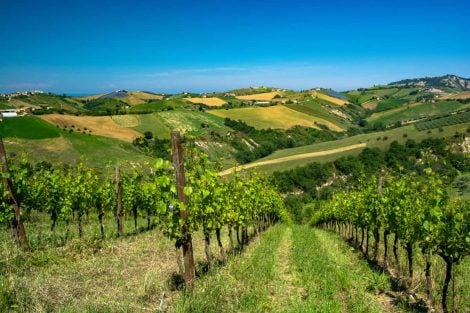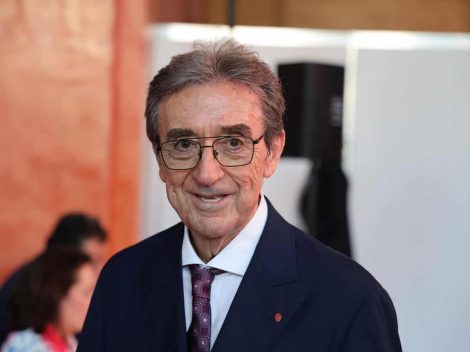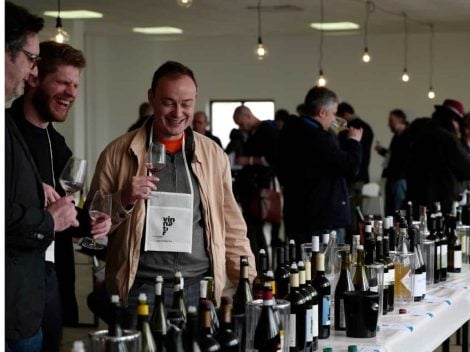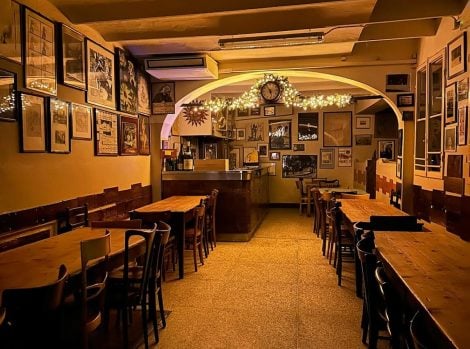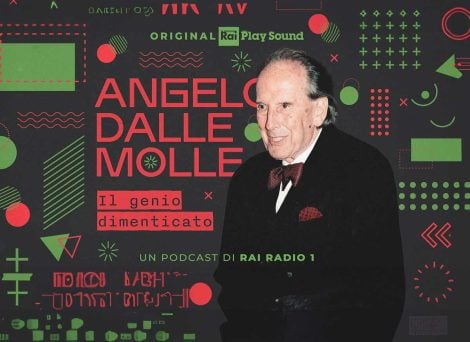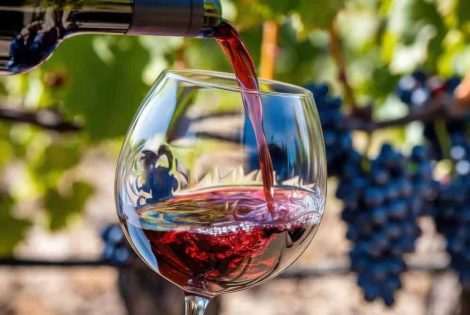Stimulating the curiosity of wine industry operators to keep up with the times, improve their knowledge, and approach the concept of tomorrow's wines. The course "The Wines of the Future: New Skills for New Scenarios," organised by the Gambero Rosso Academy, aims to achieve just that. Producers, viticulturists, wine shop owners, managers and winery owners, and communication operators will have the opportunity to update their knowledge, thanks to a team of exceptional teachers, under the scientific direction of Professor Attilio Scienza, Professor of Viticulture at the University of Milan. He has structured the teaching content in collaboration with others, including Professor Alberto Mattiacci. The course will be held online, comprising 160 hours of training divided into four modules, plus four in-person seminars at prestigious Italian locations.
A high-profile teaching team
"We wanted to provide high-level training by involving highly esteemed scholars. Our attempt," explains Professor Scienza, "is the most ambitious ever made in the wine sector. The response from the teachers has been positive: a sign that even on the academic side, there was a strong felt need to transfer knowledge." The organisers' idea is to convey knowledge in an interdisciplinary manner, where each lesson is connected to the others. The course content, which concludes with a certificate of participation, will later be made available on a digital platform and used on-demand by users, with the possibility—in a later phase—of interacting with the teachers.
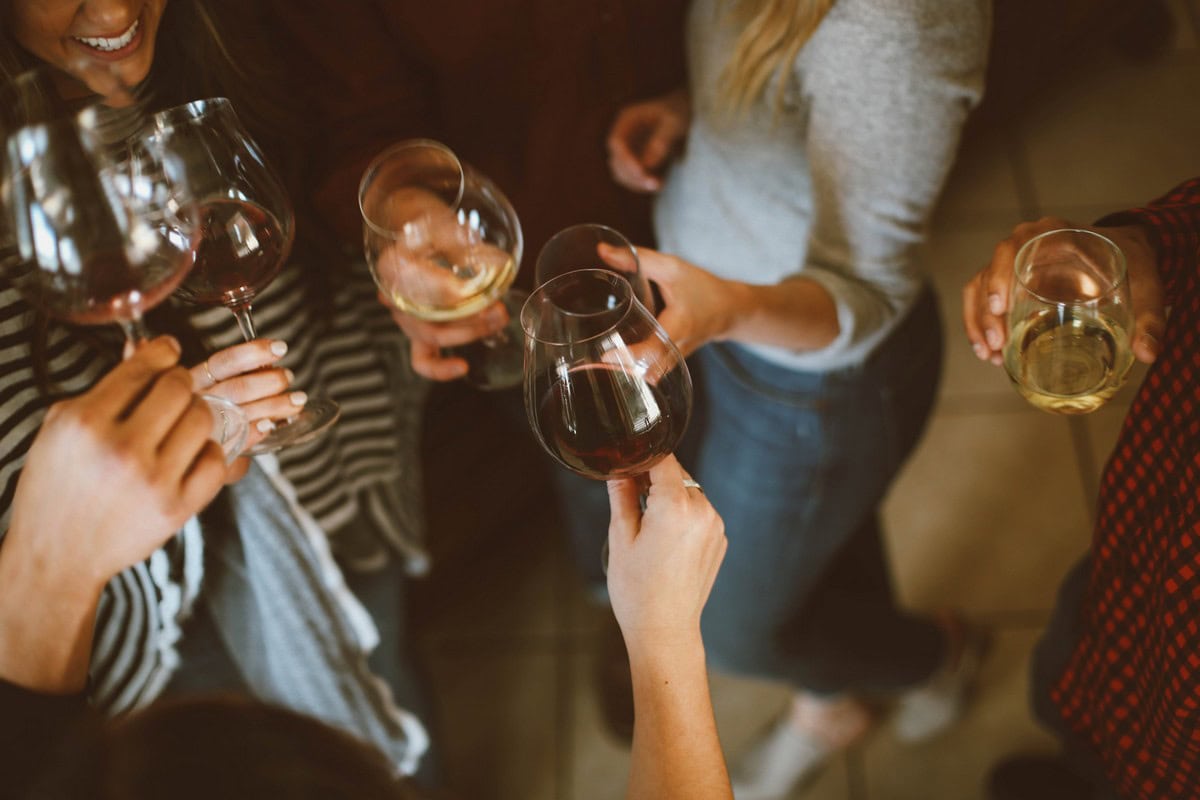
Too much gap between the work world and the research world
The course idea stems from an assumption that Professor Scienza explains to the weekly magazine Tre Bicchieri: "Over the years, the gap between the work world and the research world has widened. The wine sector has not shown it has the tools to transfer scientific knowledge to the field. And this Gambero Rosso Academy course aims to serve as a method for understanding what research is doing and what the repercussions are on production realities." The educational structure will address the main issues of the wine sector: genetic improvement of vines and rootstocks, market and consumption trends, sustainability in the vineyard and winery, logistics, sociological aspects, and those purely related to communication, including neuromarketing.
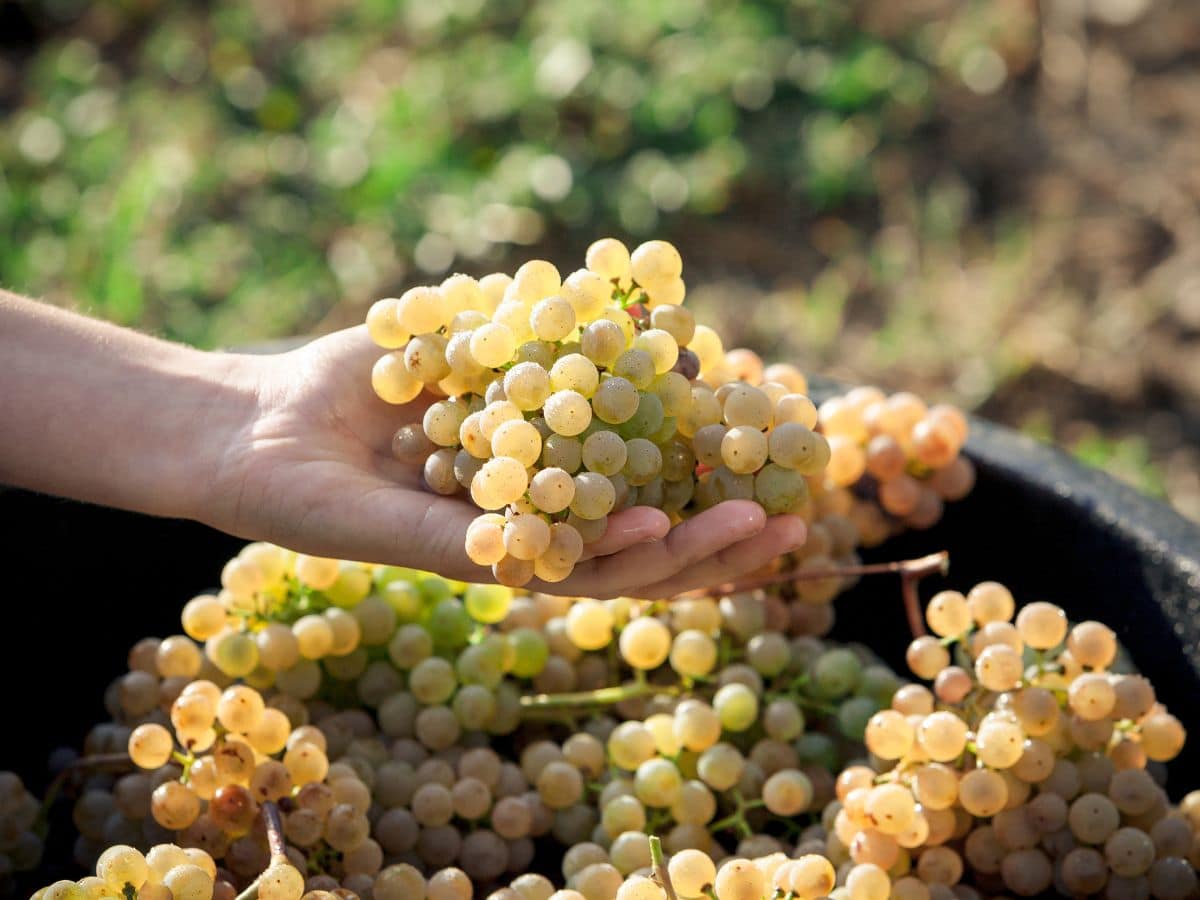
Learning to read change
For the wine sector, as for the beverage sector in general, the current historical moment is very important, with agriculture dealing with the climate crisis on one hand, and on the other, a market where consumer habits and tastes are evolving, with young people no longer favouring alcoholic and full-bodied products as they did in the past. "The course," emphasises Scienza, "provides information to interpret this change, with the goal of making artificial intelligence the basis of a new enlightenment. We are facing a series of decisive factors: new diseases, drought, vineyard relocation, resistant vines, the relationship between viticulture and landscape, difficulties in innovative genetics, defining the role of terroir and wine brands. We must also consider the relationship between health, viticulture, and wine, which is becoming a key factor for the coming years. In light of all this, we must provide and transmit to those working in this sector the tools to read the change. Of course, it requires the willingness of those who want to learn and update themselves. Our task is to stimulate their curiosity."

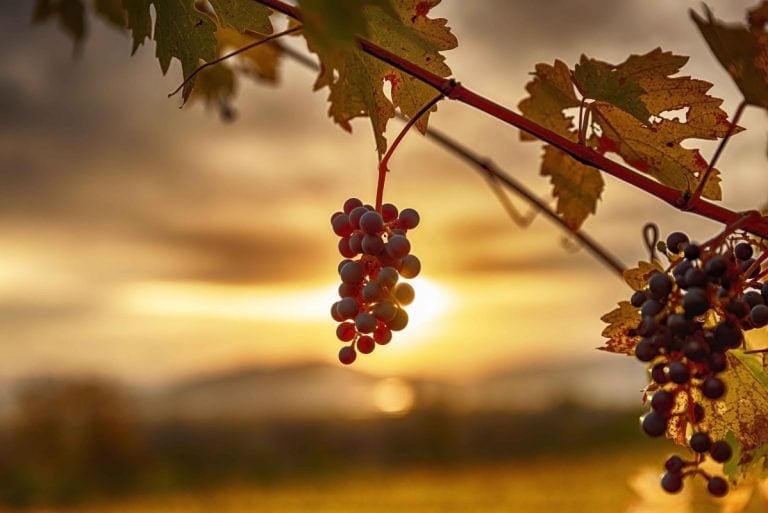
 Versace opens a super hotel with an Italian restaurant. Here's what Donatella Hotel & Restaurant in Miami will be like
Versace opens a super hotel with an Italian restaurant. Here's what Donatella Hotel & Restaurant in Miami will be like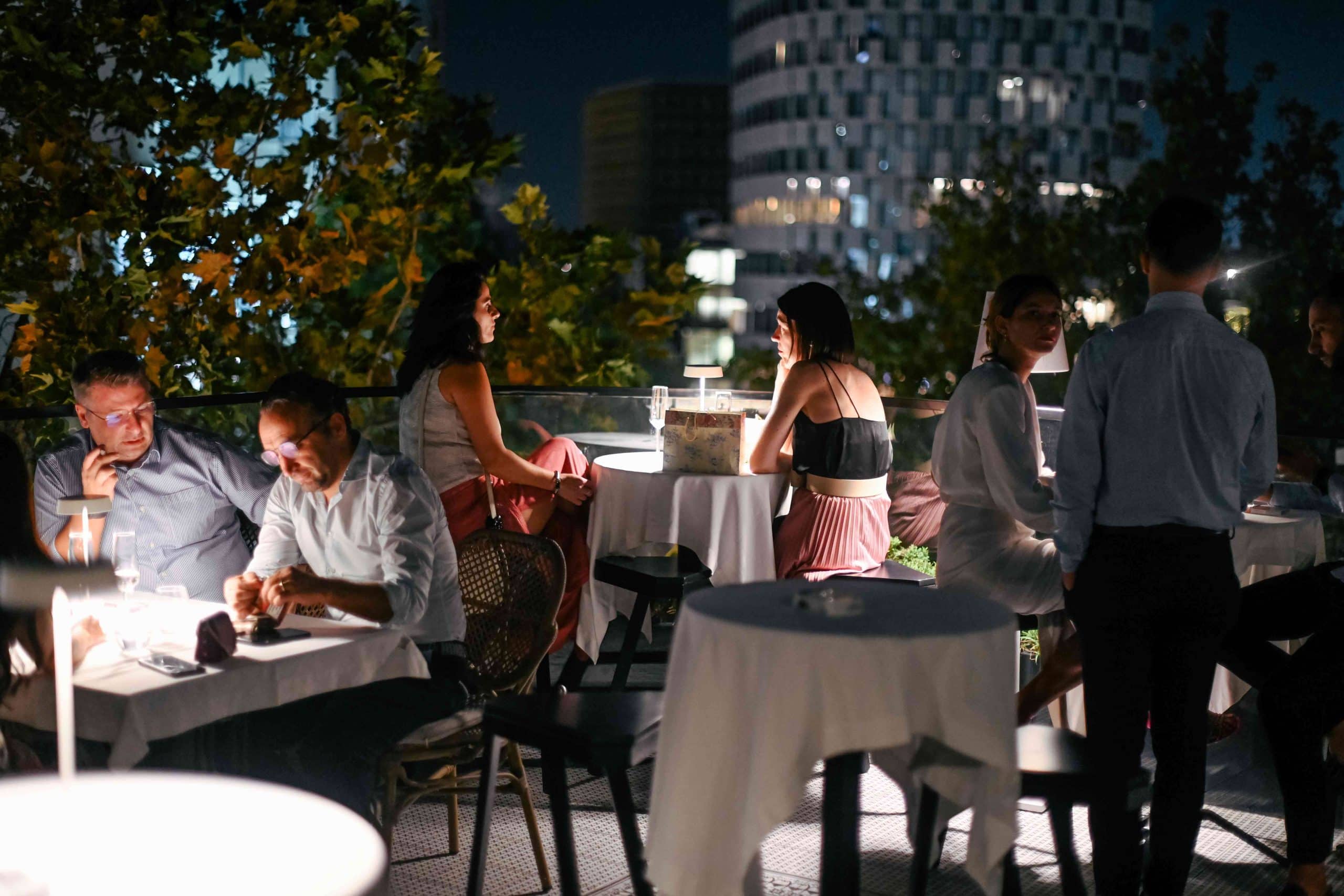 At The Crown Tirana, service and quality at the highest levels
At The Crown Tirana, service and quality at the highest levels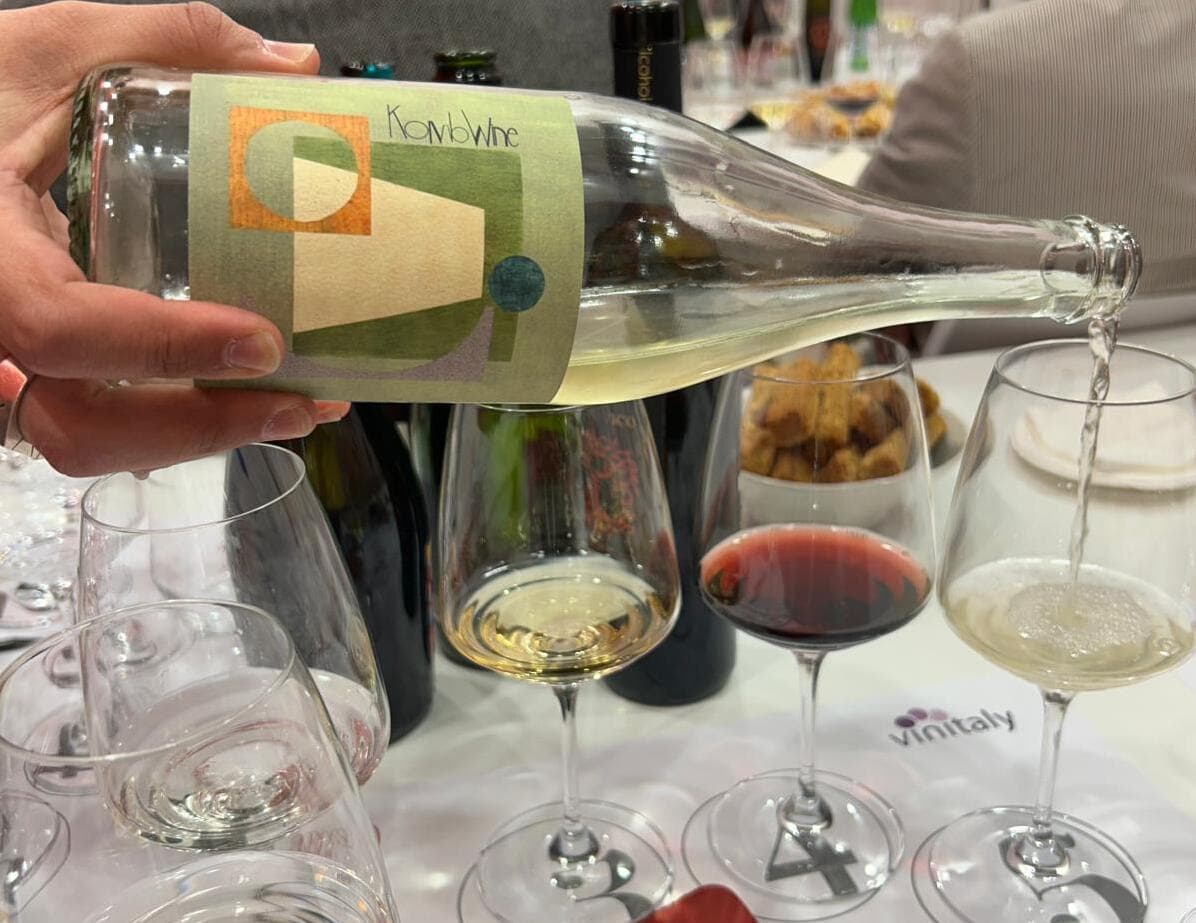 We tasted Komb(w)ine, the new product that combines grape must and kombucha. Here’s our verdict
We tasted Komb(w)ine, the new product that combines grape must and kombucha. Here’s our verdict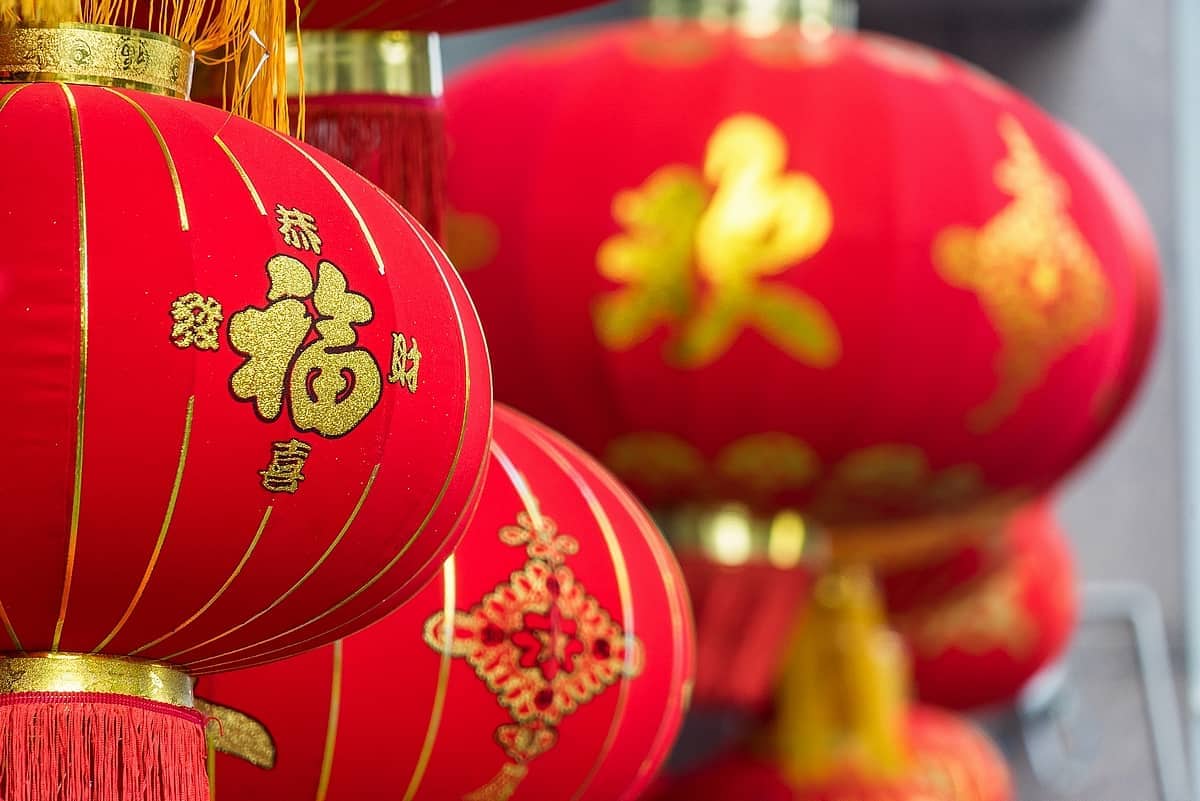 What changes for the export of Italian wines to China under the new regulations?
What changes for the export of Italian wines to China under the new regulations?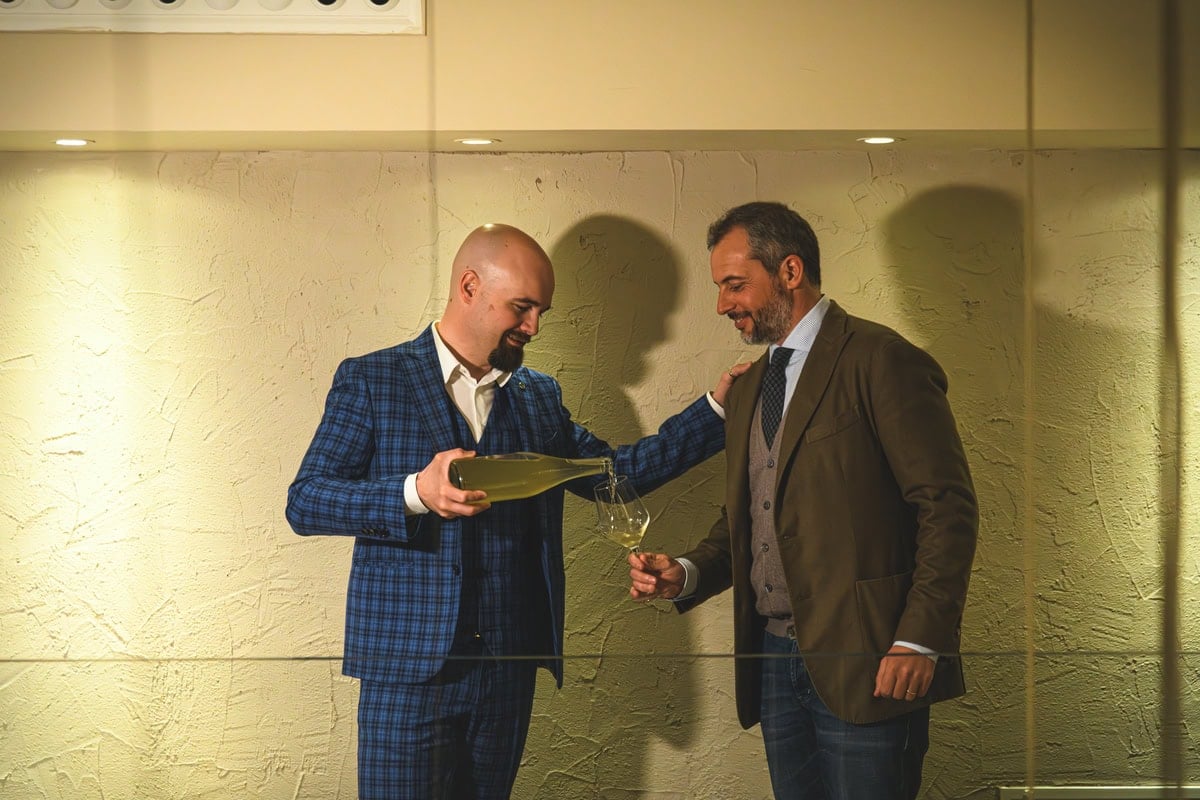 “Forget dealcoholised wines. The future is Komb(w)ine.” Moser and Ravizza present a new grape must-based product
“Forget dealcoholised wines. The future is Komb(w)ine.” Moser and Ravizza present a new grape must-based product